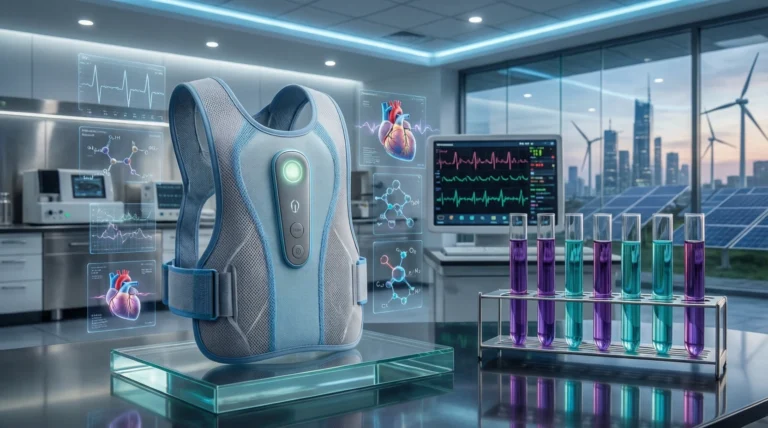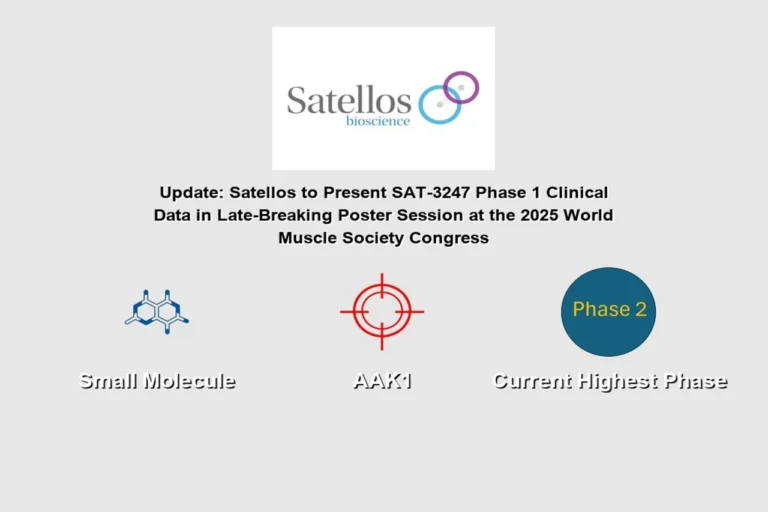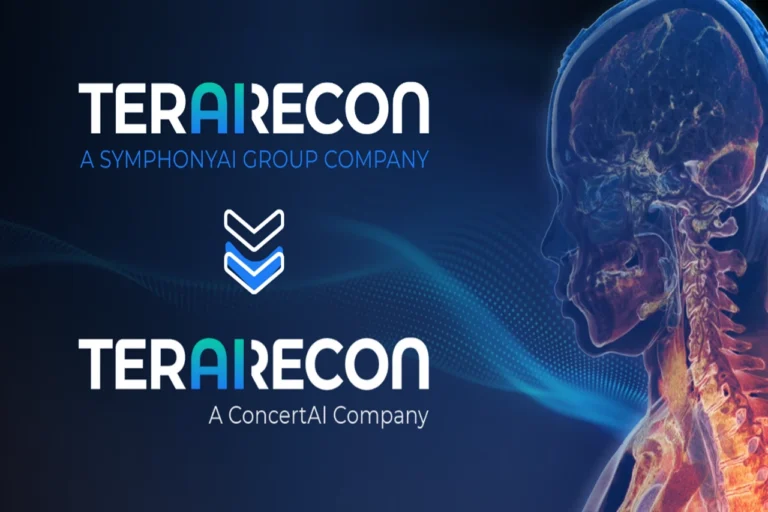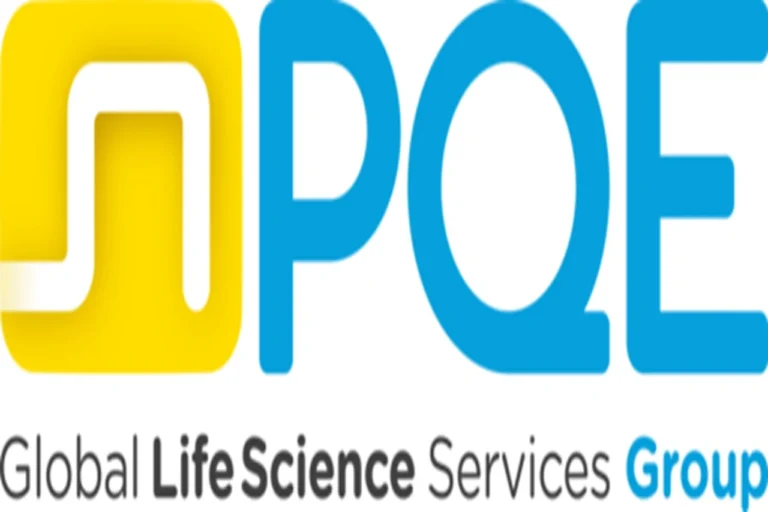
MEIJO NANO CARBON CO., LTD. (CEO: Takeshi Hashimoto) has entered into a capital and business alliance with SK Inc. Materials, a subsidiary of SK Group, a prominent South Korean conglomerate. MEIJO NANO CARBON specializes in manufacturing the world’s highest quality “high-crystallinity and high-purity single-walled carbon nanotubes (SWCNT)” using proprietary technology and expertise.
These SWCNTs are anticipated for use in various devices across industries such as semiconductors and cables. With SK Inc. Materials’ investment, the alliance will focus particularly on advancing technologies in the Li-ion Battery (LIB) field.
Traditional LIBs use graphite as the anode material, but there is growing interest in silicon as a next-generation material due to its theoretical capacity and range, which are reportedly ten times greater than graphite. However, silicon anodes face challenges in maintaining functionality due to severe degradation during charge-discharge cycles. By incorporating SWCNTs as conductive additives in silicon anodes, significant improvements in cycle characteristics can be achieved.
Together, MEIJO NANO CARBON and SK Inc. Materials aim to establish a scalable production system for high-crystallinity and high-purity SWCNTs, primarily for use in electric vehicle (EV) batteries.
SK Inc. Materials is a part of SK Group, a leading global conglomerate committed to ESG (Environmental, Social, and Governance) principles, with diverse interests in oil refining, petrochemicals, telecommunications, and semiconductors. SK Inc. Materials, headquartered in Seoul, South Korea, and led by CEO Yang Taek Kim, focuses on materials innovations in support of SK Group’s strategic goals, including advancements in EV battery technologies.
MEIJO NANO CARBON CO., LTD., founded as a start-up from Meijo University in 2005, remains unique globally with its semi-mass production capabilities for SWCNTs. Renowned for their superior conductivity and lightweight properties compared to other conductive carbons, MEIJO NANO CARBON’s SWCNTs are widely utilized in research and development across sectors such as battery technology, semiconductors, aerospace, automotive, and petrochemical materials.








